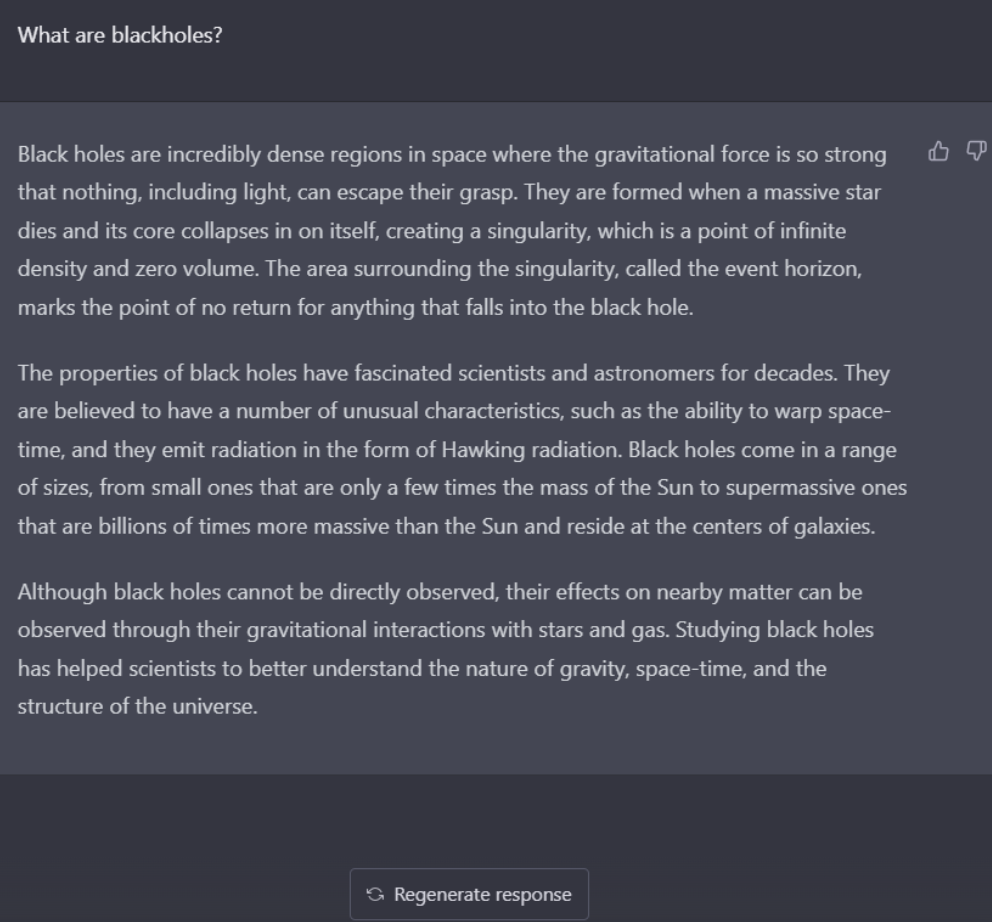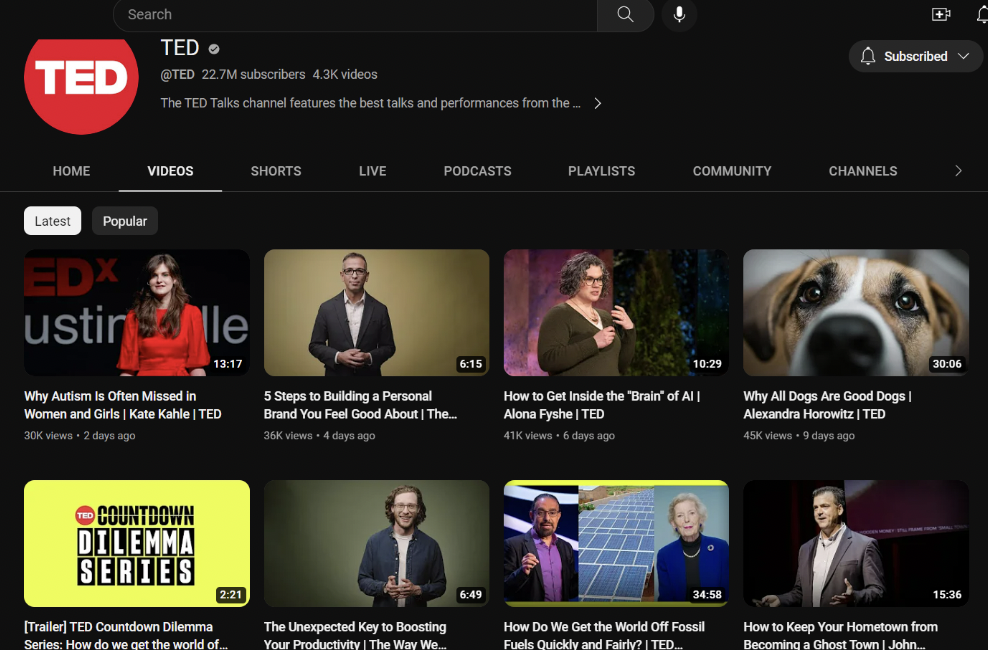5 Unseen Problems Of Using an AI to Generate Content and How to Prevent Them

5 Unseen Problems Of Using an AI to Generate Content and How to Prevent Them
Considering the recent advancements, AI has the potential to be a reliable facilitator for content creators. However, AI-powered content tools are still evolving, which makes them susceptible to issues when used for creating content. This post discusses the five unseen problems of using AI to generate content and ways you can overcome the limitations.
Artificial intelligence has taken the world by storm lately. With its advancements over the years, content creators have considered it a brilliant facilitator of the content-creating process.
Whether it’s text or visual content, AI has made it possible for professionals to create relevant content in a matter of seconds and share it with the intended audience.
However, everything has a flip side, and AI is no exception. Despite its benefits, various unseen problems are associated with using AI concerning content creation.
This article explores these issues and the ways content creators can deal with them.
Connect with expert AI companies on The Manifest.
1. Generalization
This is one of the key issues you may face when leveraging AI for content creation. Unlike humans, AI cannot share its thoughts or produce content with its take on the matter.
It accesses relevant data over the internet and creates generalized content for you based on the data it's trained on.
Around 70% of marketers create content to educate their audience or generate awareness. And AI can help you do the needful. However, it would be difficult for you to acknowledge high engagement with AI-generated content.
People visit your site, tune in to your podcast, or watch your videos because they want to know your thoughts on the topic. The information AI puts out for them is already there on the internet. So, there’s no point in your audience seeking answers to their questions via your platform.
You can overcome this issue by adding your two cents. You can use AI to create an outline for your content and explore relevant data on the internet. But you should create content from your perspective to keep your audience engaged and ensure they keep returning for more.
2. Creativity
AI relies on its training data and information available on the internet to create relevant content for you. Based on these characteristics, the content created by AI is specifically based on facts and statistics but lacks a creative element.
Creativity results from human intuition, imagination, and life experiences, and AI lacks these traits. No matter how creative your topic is, all AI does is lay out the facts for you, which often results in a dreary or bland piece of content.
For example, when ChatGPT is asked about black holes, the following response was generated by the tool:

There’s nothing wrong with the way AI has responded to the prompt based on its predetermined learning models. However, if space nerds were to write a post like this, they would have definitely discussed the possibility of black holes being gateways to other universes or doorways to alternate realities.
The way you can overcome this issue is quite simple. You shouldn’t be completely dependent on AI to create content for you. You can take help from the tools, but in the end, you must be at the steering wheel if you wish to avoid creating dry or uninteresting content for your audience.
3. Recency
Did you know that 34% of bloggers report that keeping content up-to-date significantly improves its performance and helps acknowledge positive results?
Incorporating recent trends boosts your content’s engagement and helps fuel your search engine rankings. Content creators know this, which is why they prioritize producing fresh content.
Despite all the recent advancements in AI, one of the major issues with the technology is that its output is dependent on its training data. This renders AI-powered tools useless when it comes to creating content around recent topics or events.
Take ChatGPT as an example. It’s an innovative tool to generate text-based content, but due to its training limitations, the tool is not best suited if you wish to cover trending topics. This highlights another important limitation of using AI tools for content creation.
To overcome this challenge, avoiding using AI-powered tools when creating time-sensitive posts or covering the latest topics is best.
You can also consider using AI-powered tools to create parts of content that don’t require you to cater to recent events.

After the next round of training, AI tools will catch up and start incorporating recent information in the output. However, as time goes on, the data points on which AI is trained will become obsolete.
So, the issue will persist unless AI learns to bypass its training or somehow learns to update itself in real-time.
4. Personalization
Did you know that 67% of marketers claim that personalization increases audience engagement?
Creating relevant content is the key to growing your business and increasing the brand’s online presence. However, you must cater to their needs and create content around them to grab the intended audience's attention.
Helping your audience find answers to their questions is one of the best ways to gain their trust and build authority in your respective niche. And it would be difficult to pull off while using AI-powered content tools, as they’re unable to structure content best suited to your audience's preferences.
To overcome this obstacle, you can consider training AI on data encompassing your audience’s behavior and characteristics. However, remember that this is an intricate process and may take longer than you expect.
Furthermore, keep in mind that AI lacks emotional intelligence. So, even when you’ve trained it on behavioral data, it’d be unable to empathize with your audience.
So, you should be who dictates the tone and how a particular message is delivered because no one understands your audience better than you.
5. Expert Opinion
AI can explore the internet in a matter of seconds, find relevant information, and present it in front of you in a structured form based on your prompt. It creates content for you in the blink of an eye and outmatches human content creators concerning speed.
But despite all its perks, AI cannot give you an expert opinion on the matter or create content for you that requires specialized expertise.
For example, TED is a renowned platform that invites expert speakers from diverse industries and generates awareness by leveraging their skills and wisdom. AI can help facilitate the content creation process here but won’t be a reliable source of information.

It would be difficult for AI to replicate the content created by industry experts because AI-powered tools lack domain-specific knowledge. The tools can create informative content for you, but can’t replace experts who have spent years in their respective industries and gathered in-depth knowledge via their experience.
Your best bet to overcome this limitation is to train AI to be thorough and cater to even minute details. But even if you do that, it would be difficult for AI to create content on par with industry experts. So, there are a few things that you better leave untouched.
Generative AI Tools are Still Far from Perfect
Artificial intelligence is evolving as we speak and improving the way it does things instantaneously. Considering all its benefits, AI will redefine content creation as we know it and make the process more seamless than ever before.
However, the technology is far from perfect and there’s no denying the problems associated with it when used for content creation.
Using the methods discussed in this article, you can overcome the current limitations of AI-powered content tools. But even with all the best-suited measures in place, it would be difficult for AI to completely replace humans any time soon.
Artificial intelligence (AI) companies on The Manifest can take your business to the next level.
